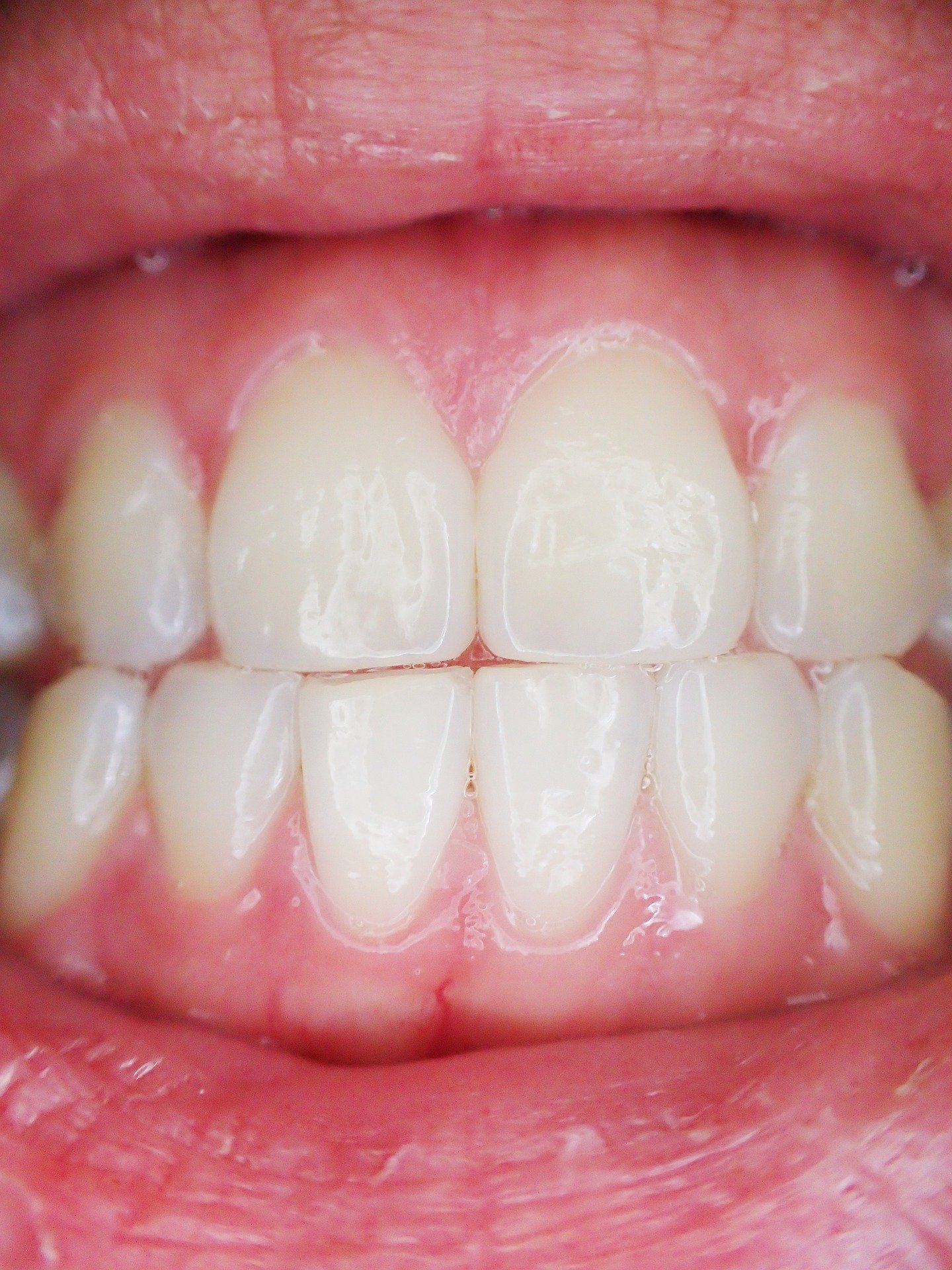Dylan Stoll | Health Editor
Featured Image: Gingivitis is very common, affecting 50 per cent of adults. | Courtesy of Pixabay
Recent evidence suggests that gingivitis, the first stage of gum disease, and Alzheimer’s disease are linked by a particular bacterium.
The bacteria in question is Porphyromonas gingivalis (P. gingivalis), an oral anaerobe that is involved in the development of periodontitis. Periodontitis — the stage after gingivitis — results when so much bacterial plaque accumulates on the surface of the teeth that subgingival pockets are formed between the tooth and the gum. With time, the tissue and bone that hold the tooth and gum together deteriorate until the tooth falls out. In those who have reached this stage, P. gingivalis is highly prevalent.
Fascinatingly, researchers have also found the bacterium in the brains of people who suffer from Alzheimer’s disease.
Leading the research behind this bewildering connection is a pharmaceutical company called Cortexyme. Using mice, they have shown that the subjects given the bacterial infection of P. gingivalis suffered neurological damage — the kind seen in human Alzheimer’s cases.
Now, for the first time, we have solid evidence connecting the intracellular, Gram-negative pathogen, P. gingivalis, and Alzheimer’s pathogenesis,” said Dr. Stephen Dominy, co-founder of Cortexyme and lead author of the paper.
“This demonstrates the potential for a class of small molecule therapies to change the trajectory of disease.”
As strange as this may sound, there have already been a few studies conducted that link oral and mental health. In 2016, a study was conducted that determined those with both Alzheimer’s and gingivitis experienced a more rapid neurodegeneration. Even more astonishingly, the Herpes Type I virus, an STI, has also been linked to Alzheimer’s.
It should be noted that more research is required before it can definitively be determined that one disease causes the other. Though an individual may have Alzheimer’s, he or she may also have been avid brushers; though an individual may have lost all of their teeth, he or she may be in perfect mental health.
A list of preventative measures that one can take to avoid developing the neurodegenerative disease can be found at alzheimers.net. Some of the suggestions include: quitting smoking and drinking; engaging in social activities; giving your brain daily challenges, exercise, a good diet, and managing stress effectively.
Remember, this may seem like a possible problem too far in the future, but the bad habits you develop as a young adult may stay with you into your later years. It’s better to be in the know now than regretting your ignorance later.


